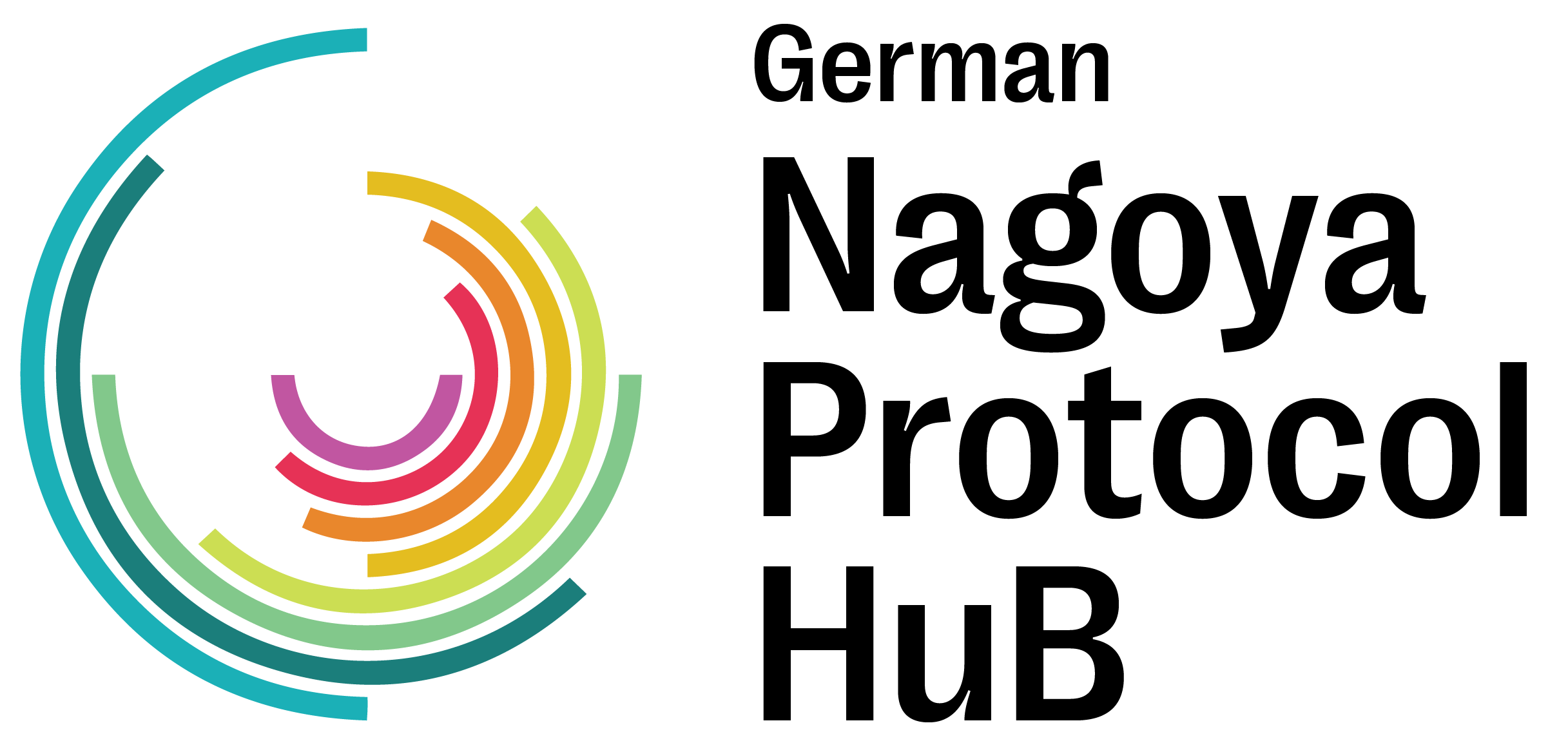ABS stories
Learning from experience: South Africa
Institution: A research institute in Germany focusing on marine ecosystems
Biological material: Plankton (algae), fish
Research field: Biochemistry, Conservation biology, Ecology, Microbiology
Research: Basic, non-commercial
Focus: Investigating the impacts of climate change on biodiversity, specifically pelagic food chains. The presence of certain species and the impacts on fisheries are being investigated as well as interactions between the food chain and carbon sequestration.
Collection: Whole specimens, sediment and water samples were collected by the German researchers. Some material was also provided by the collaborating institutions in South Africa.
Collaboration partner: There are eight collaboration partners, including research institutions and universities in both Germany, South Africa and Namibia.
Funding: German Federal Ministry of Education and Research (BMBF)
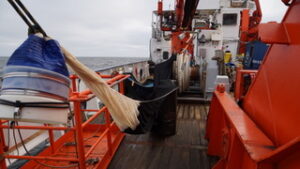
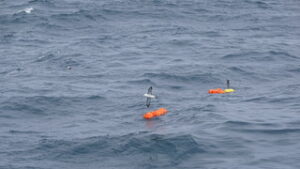
Photos: W. Ekau
ABS Process
Time needed for first response from the National Focal Point: Less than 1 week
Amount of time invested full time in the process: 1 week
Time needed until all ABS documents were obtained: Less than 1 month
ABS documents needed: Prior Informed Consent, ABS permit
Other documents needed: Research permit
Before starting with the process, advice on ABS was provided to the German scientists by the competent authority in Germany, the Bundesamt für Naturschutz (BfN).
The collaboration partners in South Africa helped to manage the ABS process.
The German research institute submitted an application to conduct a research cruise to the Department of International Relations and Cooperation’s (DIRCO) and that government department granted authorization to do marine research in South African waters.
Information about ABS in South Africa can be obtained from the Access and Benefit-Sharing (BABS) Clearing House of the Republic of South Africa. Prior informed consent was provided by the South African government and the ABS permit was issued by the Department of Environmental Affairs (now Department of Environment, Forestry and Fisheries (DEFF)).
An internationally recognized certificate of compliance for this research has been published in the international ABS Clearing House.
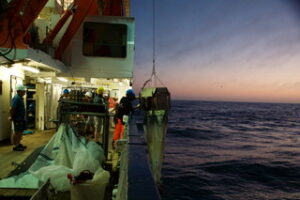
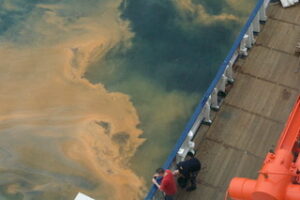
Photos: W. Ekau
Benefit-sharing
The parties to the benefit-sharing agreement are the research institute in Germany and the government of South Africa.
The agreement was signed by the leader of the research group at the German research institute.
No legal assistance was needed by the German researchers in order to negotiate the benefit-sharing agreement.
What benefits were agreed to?
- Sharing data and results
- Co-authorship of publications with the collaborating partners, which also formed part of the government.
Advice for other researchers obtaining biological material from South Africa
The research institute had a very positive experience with ABS in South Africa and no challenges were experienced.
This institute would still suggest a few things.

Contact the national focal point to find out how ABS in South Africa applies to you. The focal point was very helpful and responded quickly to the enquiry.

Although ABS works well in South Africa, you should still plan enough time for the process and start early.
